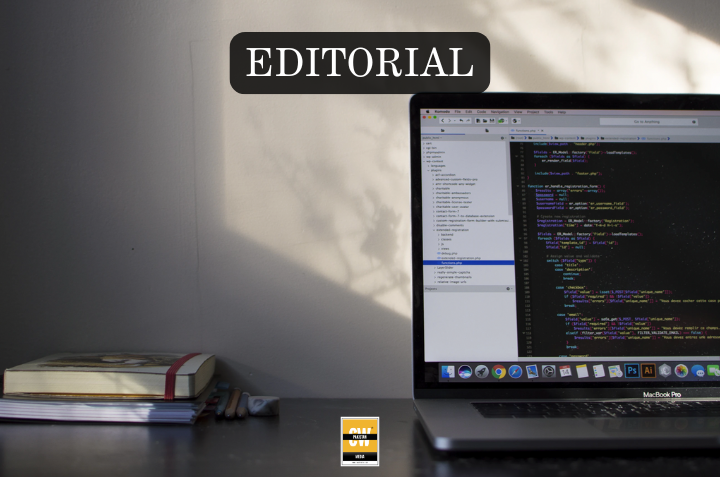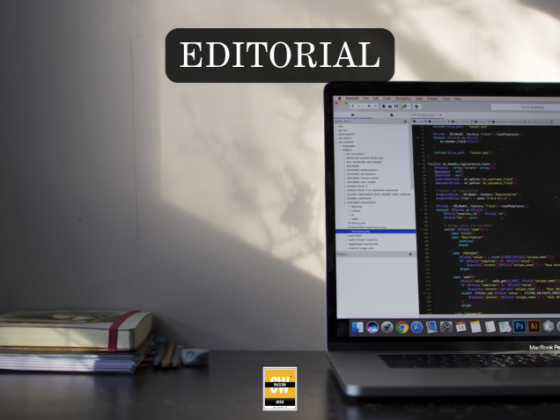Generative artificial intelligence (GenAI) transforms global academia, businesses and governments. Pakistan prepares for sector-wide impact. Generative artificial intelligence (GenAI) has taken the world by storm, drawing attention from academia, businesses and governments globally. This technology promises transformation across sectors: business, commerce, government, industries and defense. But are Pakistanis aware of its potential? Is Pakistan preparing for the impending “AI Revolution”?
Artificial intelligence awareness has risen among Pakistan’s general public. According to Stanford University’s 2024 AI Index Report, covering 31 countries, Pakistan ranks third with 76% awareness of ChatGPT. India, Kenya, Indonesia and Pakistan boast highest awareness rates globally. Brazil and Canada report 64%, UK and Japan 61%, China, Germany and France 60%, and the US 55%. Poland recorded the lowest awareness at 43%. Globally, 17% utilize AI daily, 36% weekly and 16% monthly. India (36%), Pakistan (28%) and Kenya (27%) report highest daily usage. Pakistan ranks top four in Coursera’s GenAI course enrollments, alongside India, Egypt and Brazil, accounting for 52% of enrollments. Coursera offers 4,600 courses, 55 Professional Certificates and 21 languages.
Pakistan’s Higher Education Commission partners with Coursera, granting 200 universities access. Over 267,000 courses completed, 1.4 million learning hours logged and 45,000 deep-skills certifications earned. Ashar Aziz Foundation sponsors Advanced AI Bootcamps at National University of Science and Technology (NUST), emphasizing practical learning. The first AI bootcamp focused on Deep Neural Networks (DNNs); the second provided hands-on experience with Large Language Models (LLMs). Ghulam Ishaq Khan Institute joined, conducting DNN-focused bootcamps. Participants access NVIDIA GPU AI supercomputers, tackling real-world AI challenges. NUST partners with universities, expanding AI training.
Smaller towns establish AI programs with Pakistani-American expertise. Islamia University Bahawalpur initiated AI programs assisted by Stanford-educated AI expert Shoaib Lari and Silicon Valley executive Jalil Shaikh. Jalil Shaikh collaborates with US companies, placing graduates. STEM education underlies AI. Pakistan ranks fourth globally with 642,562 STEM students, behind Nigeria, the US and India, according to Coursera’s Global Skills Report 2023. Estimated STEM enrollment exceeds one million.
Pakistan’s National AI Policy Draft focuses on promoting national competitiveness, improving citizens’ lives, awareness, adoption, transparent data usage and innovation stimulation. The National Center for Artificial Intelligence (NCAI) at NUST partners with six universities, establishing nine research centers.
Private initiatives promote AI awareness. (link unavailable) hosts meetups, educational content and Applied AI practitioner communities. Private investors develop data centers nationwide. Mari Petroleum Company Limited and Chakwal Spinning Mills Limited pivot to digital infrastructure development. Pakistan faces infrastructure, talent retention and ethical challenges. Opportunities include economic growth, improved governance and global competitiveness. Pakistan prepares for the AI revolution, leveraging skilled human capital, digital infrastructure and innovative collaborations, transforming industries, governance and daily life.
Content Credit: Haqs Musings
References:
https://aicohort.tech/about-us/
https://aiindex.stanford.edu/wp-content/uploads/2024/04/HAI_AI-Index-Report-2024_Chapter9.pdf






